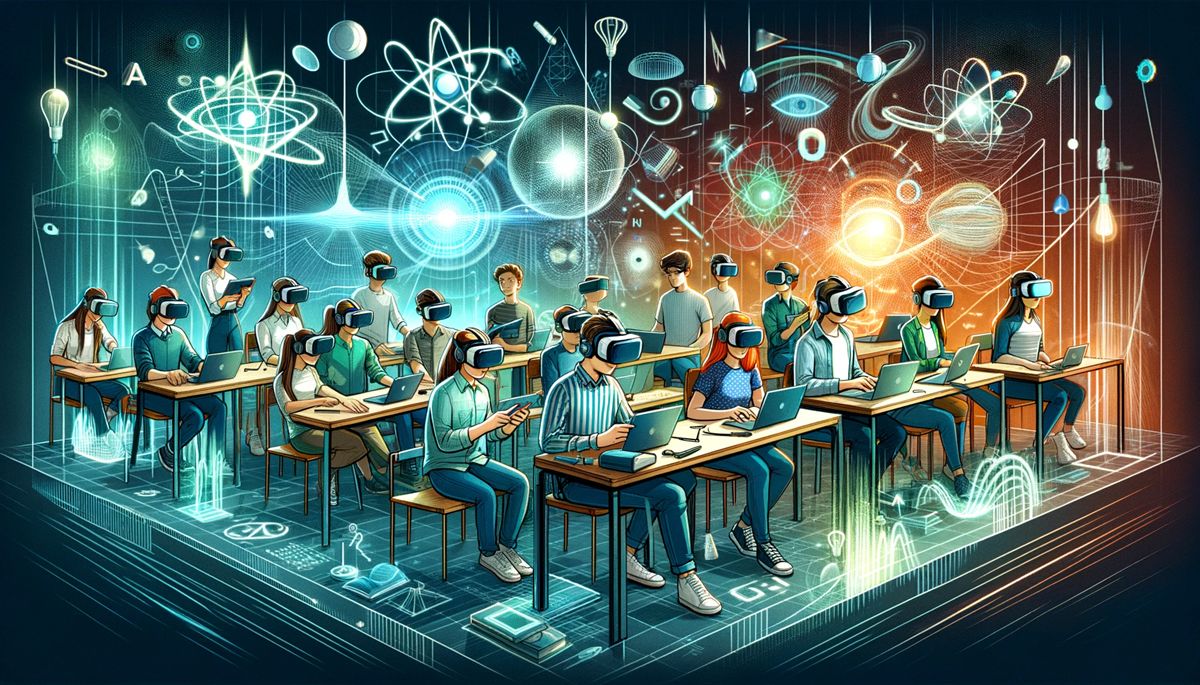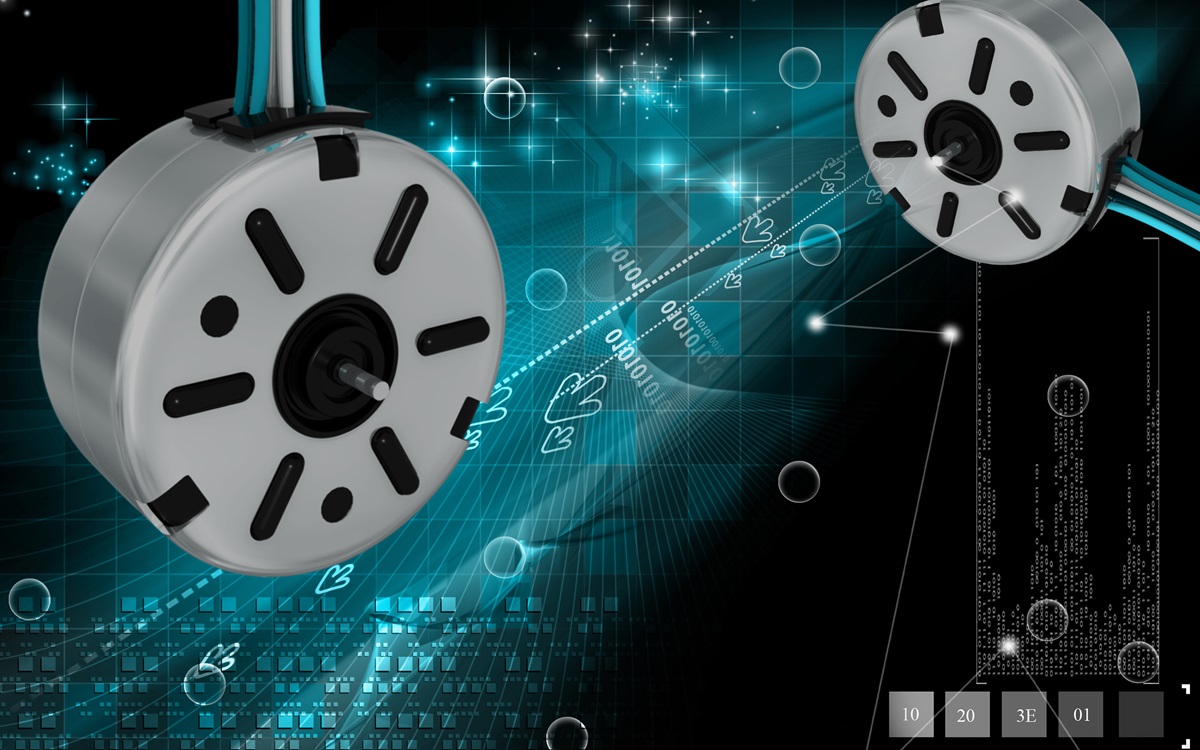Augmenting Nursing Education Through Simulations

Nursing education demands familiarizing the students with high-stress, real-life scenarios. Independent critical thinking and understanding the patient on a psychological level is expected from the students.
Through simulations, such scenarios can be created in a consequence free environment while keeping the nuances intact. To understand the growing importance of simulations in nursing education, let us take a look at few numbers.
The global nursing education market will exhibit a CAGR of 22% from 2021 to 2025 (according to Market Watch).
Market Watch also predicts that this will bring the market to $37.26 Billion by 2025.
The key players in this industry including Azusa Pacific, Duke University, Rush University, Johns Hopkins, and University of California stuck to a traditional route of education delivery. However, since the pandemic, along with an increased demand for nurses, the following numbers have popped up:
Simulation based education will see a CAGR of 13.7% from 2020 to 2027 according to Allied Market Research.
The research also points at a value of $601.85 Billion for the simulated education market.
The increased popularity of wearable devices and growing adoption of alternate therapies will merge these predictions about nursing education and online simulation based delivery, spawning a new normal within the market.
An increase in the demand of online content, certifications, LMS, and advanced e-learning tools will also add to this growth and vr labs increasing student engagement. Let us understand how these demands are being met within the industry through some examples.
Virtual Classrooms and Clinic Simulations For Online Nursing Education
A popular Bachelor of Science qualification in Nursing is RN-BSN. According to AACN, 90% of all colleges offering this educational service has an online component and over half of the programs are completely online.
Duquesne University School of Nursing offers a completely online PhD program for nursing ethics. The university has rekindled its RN-BSN, MSN, and DNP programs to be fully online as well.
This allows students across the globe to be a part of an immersive online learning environment of classrooms, labs, and clinical settings.
In the above examples, we see the leading courses and schools taking an online approach to education. So what benefits does this entail?
Online simulation based education provides richer interaction between faculty and students. Through an LMS, the faculty can generate content, interact with the students, encourage discussion, as well as grade their works seamlessly.
Discussion boards, collaborative projects, blogs, video conferencing, and wikis are the most popular tools.
When it comes to establishing an immersive technology in college, using digital patients can help create a dynamic online experience.
Students can practice differential diagnosis, medical management, and physical assessments on these virtual replicas of actual patients.
Students can also perform episodic exams and collect their findings which will then be assessed by the faculty before sending feedbacks.
Graduate and Undergraduate students can be part of virtual community simulations such as “Dusonburgh”. This enables the students to learn about population based primary care and community centered health management.
The dynamic nature of the community assures that each student undergoes similar scenarios and gets the opportunity to deploy the necessary skills. It also helps in gaining consistent evaluation.
This proves that simulated education in the online mode through vr in the classroom is an equivalent to traditional modes, if not downright better. BRN estimates that 25% of clinical time can be replaced with simulations. Due to the pandemic, the figure has gone up to 50%.
It is safe to conclude that this great shift occurred with the pandemic as a catalyst. NCSBSN has validated simulations. For pre-licensure nursing, it has recognized simulations to be an efficient training method for direct patient care.
To get this approval, simulation based nursing education stemmed out a lot of applications, activities, and information. Let us take a look at the scope of this new learning model through a few examples of applications.
Application, Activities, and Information Through Simulated Nursing Education

Infusion therapy learning modules through full motion graphics and critical thinking exercises. For instance the FIT program by the Infusion Nurses Society.
A multitude of pre-built patient charts. Associated with active learning packets.
Fundamental surgical simulations. Additional simulations for maternity, pediatrics, gerontology, pharmacology, and mental health. An example is the Lippincott Clinical Experience.
Certified free courses through simulations by WHO.
VR and flat screen based mental health assessment simulations by Oxford Medical College.
This gives an idea about the extent of adoption that simulated nursing education has undergone. What can we conclude about the future?
Summing Up
The pandemic pushed education to online models. We can safely assume that as we move back to normal, the online model will not necessarily fade away. Instead, the hybrid learning market will take center stage. According to Business Wire,
This blended model (also known as the Hybrid Education Market) is expected to grow by $23.74 Billion from 2020 to 2024.
The market will experience a CAGR of 12% from 2020 to 2024.
This means that eventually, nursing schools and colleges will have dedicated buildings for simulations. The integration has already started on online platforms, and the future lies in blending this experience and student centricity with the brick-and-mortar presence of the universities.
At iXR Labs, we understand that education is transforming to reflect collaboration. Our cutting-edge tech is laying the foundation for the future of virtual and augmented reality in higher education globally. To know more, visit us at www.ixrlabs.com .




